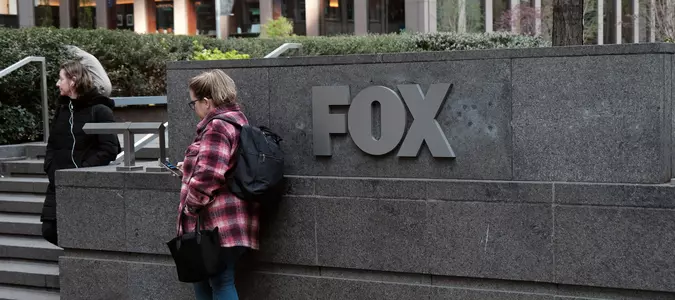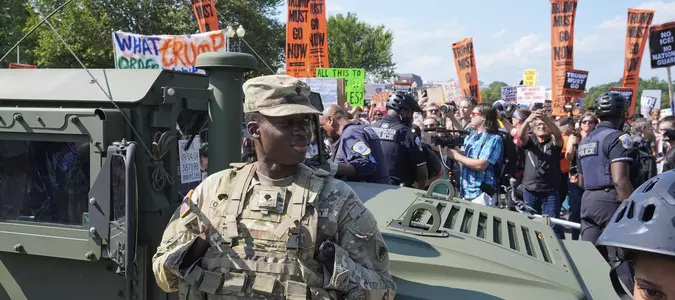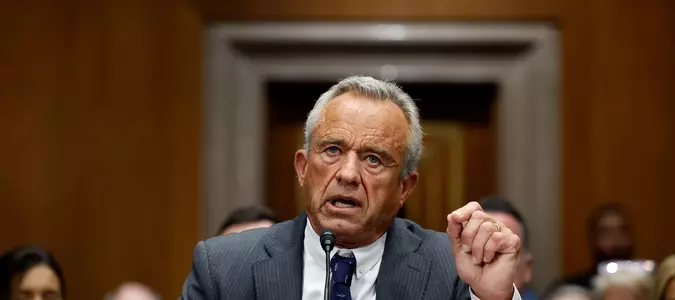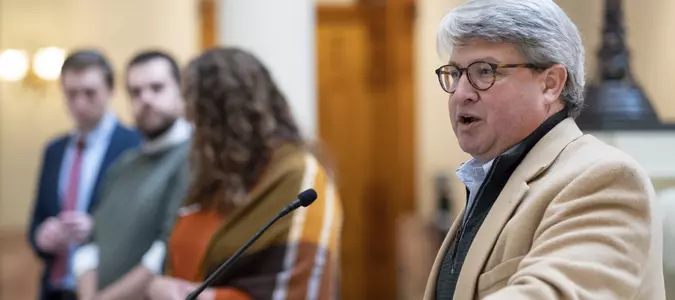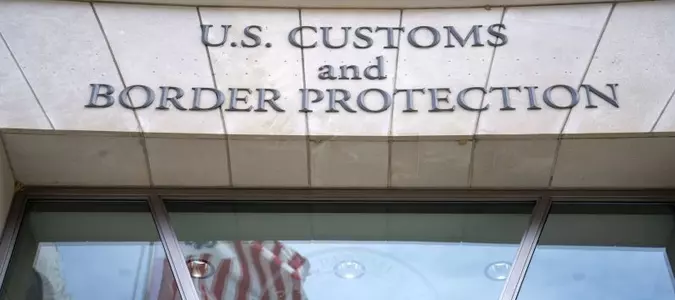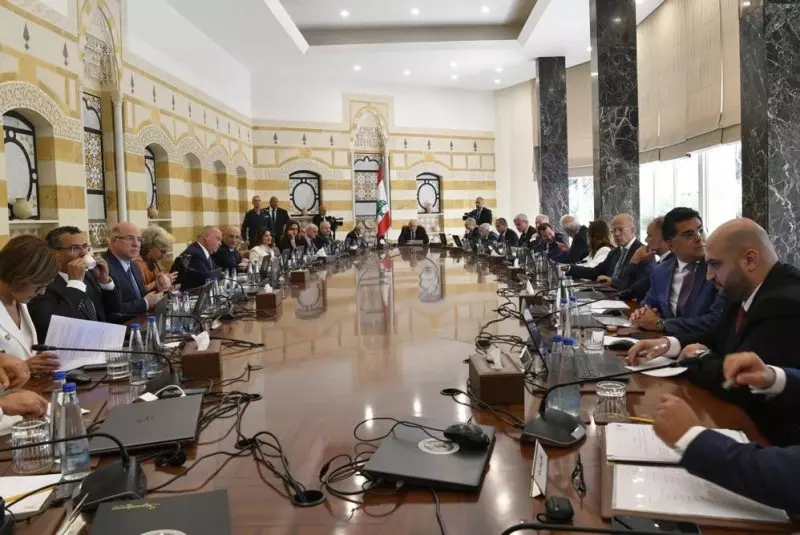

Lebanese Cabinet welcomes Army's confidential plan to disarm Hezbollah
The Lebanese Cabinet on Friday embraced a plan prepared by the Army to disarm Iran-backed Hezbollah, but decided to keep he plan's details confidential,

Lebanese President Joseph Aoun (C) presides over a Cabinet session at the presidential palace in Baabda, Lebanon, on Friday. The Cabinet discussed and welcomed the Army's plan to disarm Hezbollah as part of Lebanon's commitment under a cease-fire deal mediated by the United States in November 2024. Photo by Wael Hamzeh/EPA UPI
BEIRUT, Lebanon, Sept. 5 (UPI) -- The Lebanese Cabinet on Friday embraced a plan prepared by the Army to disarm Iran-backed Hezbollah, but decided to keep its details confidential, stating that the military would begin implementing it based on its available and limited capabilities.
Information Minister Paul Morcos, reading a statement at the end of the Cabinet session, said that the Council of Ministers "welcomed" the plan put forth by the Army Command and its "successive phases" aimed at ensuring the implementation of the decision to "restrict weapons to the hands of the legitimate authorities."
Morcos said the Cabinet, in asking that the plan and its related deliberations remain confidential, requested the Army Command to submit a monthly report on progress made.
All five Shiite ministers, four of whom represent Hezbollah and its main ally, the Amal Movement, walked out of the session when Army Cmdr. Gen. Rodolphe Haykal Haykal joined to present the Army's plan.
Hezbollah's Labor Minister Mohammad Haidar explained in a post on X that they were protesting the discussion of the Army's plan "at this timing," arguing that achieving a "monopoly of weapons" requires initiating the process with "a defense strategy to protect Lebanon."
Last month, the Cabinet endorsed the objectives of a U.S.-proposed plan to disarm Hezbollah and tasked the Army with preparing a strategy to enforce a state monopoly on weapons by the end of the year.
The Army's plan reportedly did not include a clear timeframe for its implementation -- a move intended to ease tensions with Hezbollah, which has refused to disarm and rejected the deadline previously set by the government because of Israel's ongoing occupation of parts of southern Lebanon, daily air strikes and detention of Lebanese prisoners.
Morcos said the Army will begin to implement the plan, "but in accordance with the available and limited logistical, financial and human resources."
He pointed to several "constraints" that hinder the plan's execution, citing foremost among them Israel's ongoing violations of the Nov. 27 cease-fire agreement brokered by the United States and France to end the 14-month war between Israel and Hezbollah.
While Hezbollah implicitly agreed to discuss its weapons as part of a national defense strategy, it resisted government efforts to set a timetable for disarming -- a key U.S. condition for unlocking much-needed international and Gulf Arab funding to support Lebanon's reconstruction and economic recovery.
Morcos said while Lebanon has taken "two fundamental unilateral steps" -- approving the U.S.-backed disarmament proposal and entrusting its army with extending state authority across all Lebanese territory -- Israel has so far shown "no commitment" to the proposal, "nor taken any reciprocal actions."
He reiterated that Israel "bears clear obligations" under U.N. Security Council Resolution 1701 and the cease-fire agreement, warning that its continued violations "pose serious risks to regional security and stability."
"Our concerns remain ensuring that the entirety of the country falls under the Army's authority, advancing reconstruction, stopping Israeli hostilities and addressing the issue of detainees," Morcos said.
"We continue moving in the same direction ... and progressing , without igniting internal division, because such a division would not serve our interests."
Lebanon, facing mounting pressure from the United States and regional powers to disarm Hezbollah, risks internal divisions and a breakdown in security due to the militant group's refusal to lay down its arms.
Its decision to set a timeline for Hezbollah disarmament was mainly motivated by the risk of another devastating war with Israel and losing much-needed funds to rebuild its war-devastated regions.
According to The New York Times, U.S officials warned that Lebanon's leaders are running out of time to disarm Hezbollah at the risk of losing U.S. and Gulf Arab financial support and even seeing another devastating Israeli war.
The newspaper reported that the United States, Israel and the Gulf Arab states were pressuring the Lebanese government "to act decisively" and not be intimidated by Hezbollah threats to incite violence.
It quoted one U.S. official as warning that "inaction or half-measures" by Lebanon could lead Congress to cut off roughly $150 million in annual funding for the Lebanese Armed Forces.
Other U.S. officials said that the greater risk to Lebanon is that Israel will conclude it must "finish the job" through renewed military campaign that could incur major damage and casualties.
The Hezbollah-Israel war killed or wounded more 21,500 people, displaced more than 1.2 million people and left border villages in southern Lebanon in ruins.
According to the World Bank's estimate, Lebanon needs $11 billion for reconstruction and economic recovery, while Lebanese officials put it at more than $14 billion.


